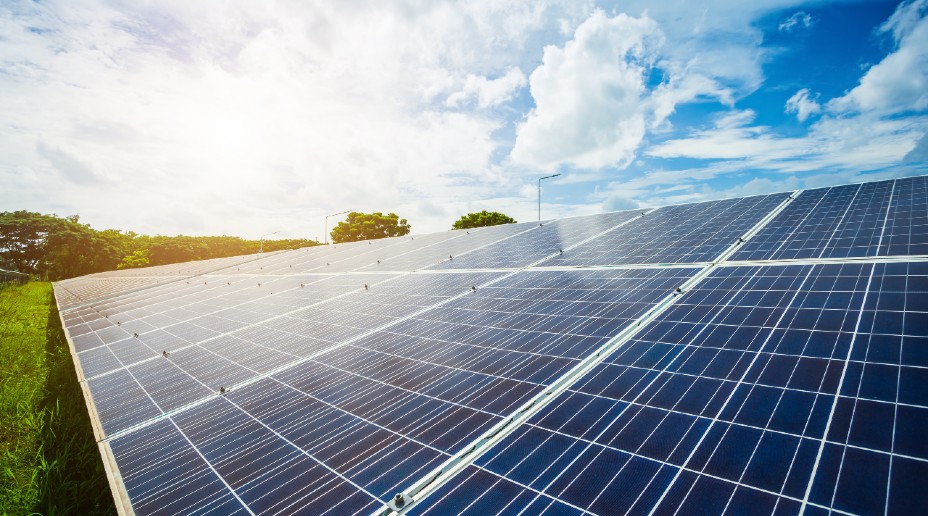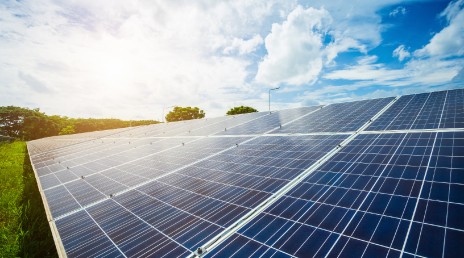Exiting the COVID-19 crisis, the world faced soaring inflation, the war in Ukraine, energy crisis, food crisis, supply chain unreliability, increasing political instability, and looming recession. All of this is happening against the backdrop of the very tangible effects of climate change.
This year’s UN climate change conference, or COP27 as it is known, will be held in Egypt from Nov 6-18. Faced with a growing energy crisis, record greenhouse gas concentrations, and increasing extreme weather events, COP27 seeks renewed solidarity between countries, to deliver on the landmark Paris Agreement, for both the people and the planet.
- UN’s COP27 climate conference offers a great opportunity to ask: how can we make people realize that climate change represents an imminent threat to their livelihoods and environments?
- How do we make people care enough to act?
- What actions lead to change?
Thinking about climate change has always been challenging because it makes us grapple with systemic causation, i.e. connections that might, on the first glance, appear to be disconnected, like the link between severe blizzards and global warning, for example.
Because climate change is a systemic issue that involves a lot of different aspects and layers of interconnected problems (economic, natural, societal, behavioral), we tend to get easily lost in the jungle of problems ending up confused or worse—indifferent.




























